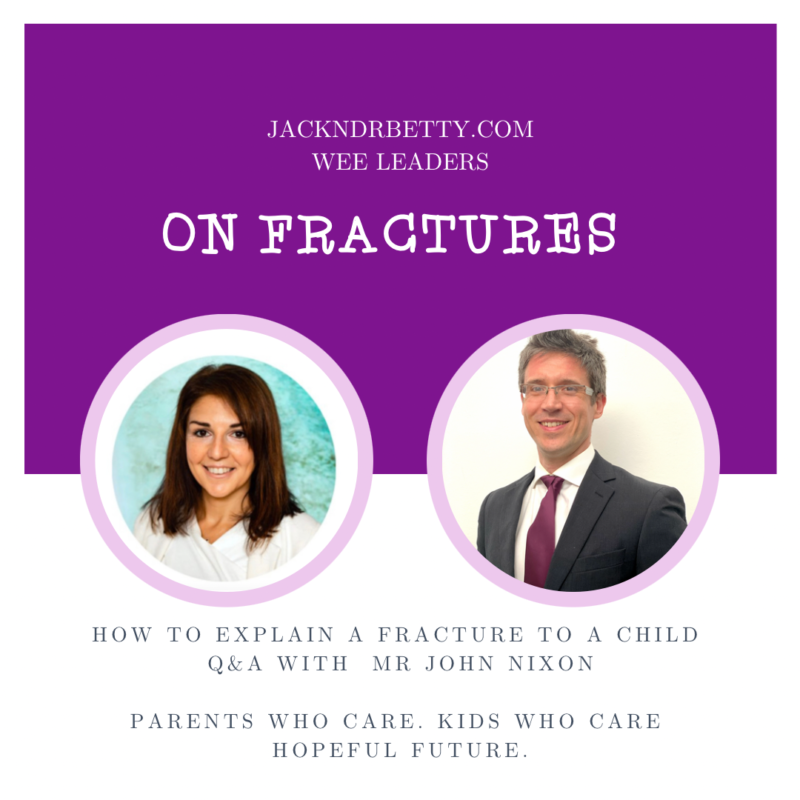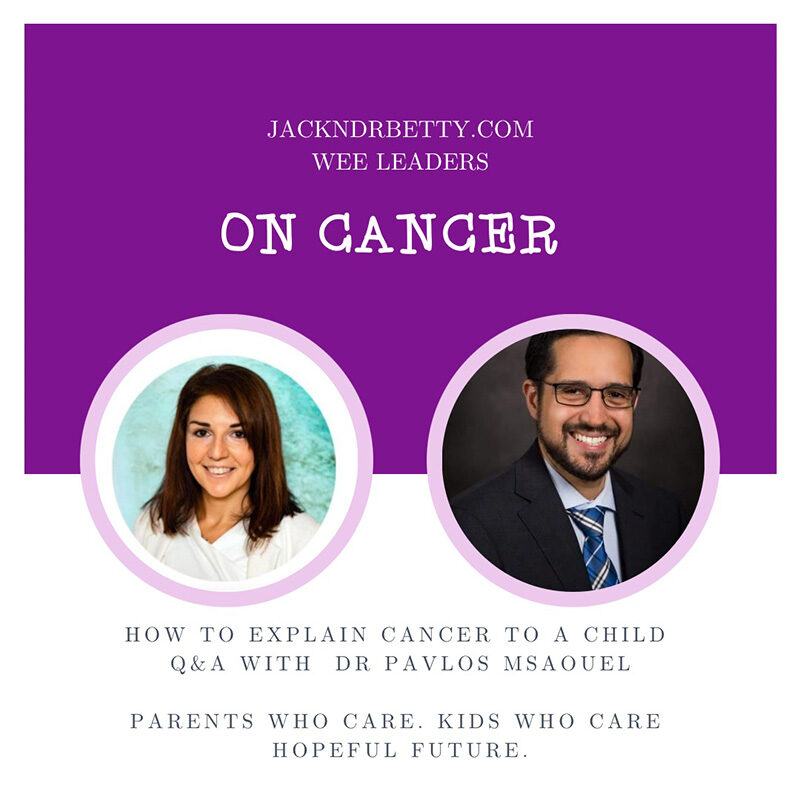
Q&A with Professor Alec Morton.
JackNDrBetty blog is challenging experts in a various areas to explain their topic of research and expertise to children. Aim is to familiarise children with complex concepts in an age appropriate way they will find simple and easy to understand.
Alec Morton, Professor Management Science, Business School at StrathClyde University dares to take on this challenge and explain to kids how we make decisions and how we prioritise on small and/or larger scale! Alec is an expert on Decision analysis, Health economics, Health policy and Health systems financing.
Q: Hi Alec! What is it that you do in simple words?
The thing which has really interested me as long as I can remember is how to help people make better decisions. For example, it could be that you have to decide what to do with your time, or your money, or your favourite toys. It could also be that if you do something it will be good for some people but not so good for other people. So how can you help people make good decisions? After all everyone has to make these sorts of decisions, whether it is the Prime Minister, or you, or me.

This is pretty cool!
Q: Why is making decisions important?
Making decisions is important because when we want something, we have to make decisions to make it happen. For example, you might want to make our mum or dad happy – you could buy them a present, but what present?
You could make them breakfast, but what are you going to make – toast or cornflakes or boiled eggs or what? Similarly, if you want to have a job when we grow up – like a teacher or a shopkeeper or a vet – you will have to make a lot of decisions about what you are going to study at school, what work you are going to do over summer, and so on.
Q: I decide based on what I want. For example, I like chocolate ice cream. I don’t like vanilla ice cream. So, my decision is to eat chocolate ice cream over vanilla ice cream. That is pretty simple. Why do grownups make a big fuss out of this? What makes decisions complex?
Right, but you can’t eat chocolate icecream all the time, right? We all have to eat things which are good for us as well. So sometimes we might choose to eat vegetables rather than chocolate icecream, so that we can grow up strong and healthy. This is an example of what makes decisions complex: we want two different things – to be healthy and to eat stuff which tastes nice – and it is difficult to find something which does both.
Q: I hear my mom frequently saying: prioritise! This happens in the morning when I, despite knowing what I have to do, I get a bit distracted…What is “prioritisation”? Do we not base decisions over what we want?
Maybe you can think of a time when you were very excited and had lots of ideas about things you could do. You start one thing, but then you go on to the next before you finish it. And so you find you have spent a lot of time but not done anything properly.

Something you can do in this situation is to write down all the things you can do and put numbers next to them – “one” is the thing you do first, “two” is the thing you do second and so on. Then you do the things in order, and finish each thing and do it properly before you go to the next one. This is what you people mean by prioritisation.
Q: How do we make decisions about others? About groups of people, rather than ourselves?
The most important thing to do when making decisions about other people is to think about what they want. The best way to do this is to ask them but there are also other ways – for example we could see what snack they take when they are given lots of different snacks on a tray. Because people are different, it is normally a mistake to think that people will want the same things as you.
Q: what is a decision tree?
A decision tree lays out how one decision leads to another. For example, we might choose to go to the sweet shop or the newspaper shop. If we go to the sweet shop we can buy toffee or chocolate or peppermints or… and if we go to the newspaper shop we can buy comics or colouring books or birthday cards. So the idea of the decision tree is we make a first choice (what shop to go to) and this first choice affects what we can choose for our second choice (what to buy). If we want to make a good first choice, we have to think forward to how we are going to choose in the second choice.
Q: how do we know in any context we made the “right” or “best” decision?
Sometimes we might make a decision and it doesn’t work out. For example we might choose to go to the supermarket to buy chocolate biscuits but when we get there we find they have run out. That doesn’t mean it was a bad decision in the first place. On almost every day the supermarket will have chocolate biscuits and it is just bad luck if it doesn’t have them when we go looking.
A decision is a bad decision if you don’t use information which was easily available to you (for example by asking your parents or our friends); if you do not consider all the options (for example you choose what dessert you want before you look at the menu) and if you cannot explain why you have chosen what you have chosen, either to our friends or just to yourself.
Q: How do we decide when we have plenty of options?
A good way to do it is to use a simple rule to reduce the number of options. For example, suppose you want to buy a new hat but there are lots of hats in the shop. To make the choice easier, you could think about your favourite colour, like green or pink, and then choose from the hats which are your favourite colour.
Q: one example from your work?
One of my students was a housebuilder and we did some work together on how old people should choose where to live – should they stay in the same place as they have always lived or should they move somewhere new? I think this is an interesting decision because it shows that the same person might decide to live in one place and one sort of house when they are young, and a different place and sort of house when they are older. Although they make different choices at different times in their life, both the decision when young and the decision when old may be the right decision for them. What has happened is that what they want has changed, and when they are young they want different things from when they are old.
Thanks Alec, that was great fun!
George and David Nixon for JackNDrBetty blog
Click here to buy online and download the book “Dare to Dream Big”
Ioanna Nixon, Consultant Oncologist, executive Coach, and author.
Dr Ioanna Nixon is a senior oncologist in Glasgow, UK. She specialises in sarcomas and her research focuses on novel cancer therapies, quality of life and clinical innovations. She has led the Scottish Sarcoma Network since 2015 till early 2022and is the Cancer Innovation Lead for the West of Scotland. She is an honorary clinical senior lecturer at Glasgow University and an academic at Strathclyde Business School, researching on health policy and leadership. She is also an executive coach, specialising on resilience, leadership, and wellness.






No comment yet, add your voice below!